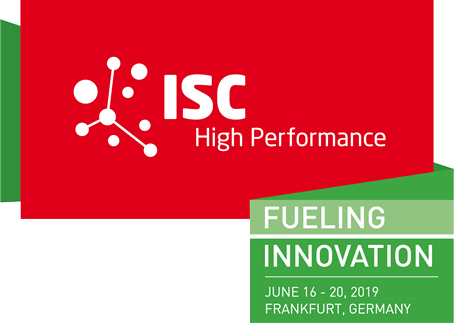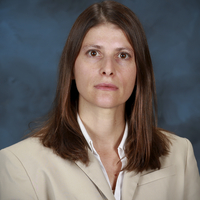Presentation
Solving the Sampling Problem in Statistical Mechanics: Using Physical Theory to Obtain Ensemble-Level Parallelism in HPC for Molecular Simulation
Speaker
Event Type
Focus Session

Molecular Research
Parallel Applications
Scientific Software Development
TimeWednesday, June 19th9am - 9:30am
LocationPanorama 2
DescriptionEnsemble methods are increasingly being used in molecular simulation to solve the problem of Moore's-law limits on our ability to sample the complete simulation space with physical accuracy. In order to use such methods in statistical mechanics, an appropriate physical theory must be able to provide a means to reduce hundreds to thousands of independent parallel calculations into a physically meaningful result. Methods such as transition-path sampling, replica-exchange, and Markov State Models (MSM), along with simpler solutions such as normal mode analysis, have provided these types of solutions for a number of condensed-matter simulation problems. These methods have recently become highly powerful through the use of HPC. All of these methods require some type of workflow, with a top-layer wrapper that must manage parallel distributed tasks and then reduce the data into some final form. With the increased use of acceleration and parallelization in state-of-the art molecular simulation programs, a workflow must be able to integrate many separate jobs, that each use multiple accelerators (e.g. GPUs), and various levels of parallelism including threading (e.g. OpenMP) and MPI, along with, potentially, multiple nodes each. Managing ensemble-workflows of these types of programs quickly becomes a non-trivial task. This talk discusses different ensemble methods in molecular simulation as well as experiences with software infrastructure solutions within HPC.
Speaker

